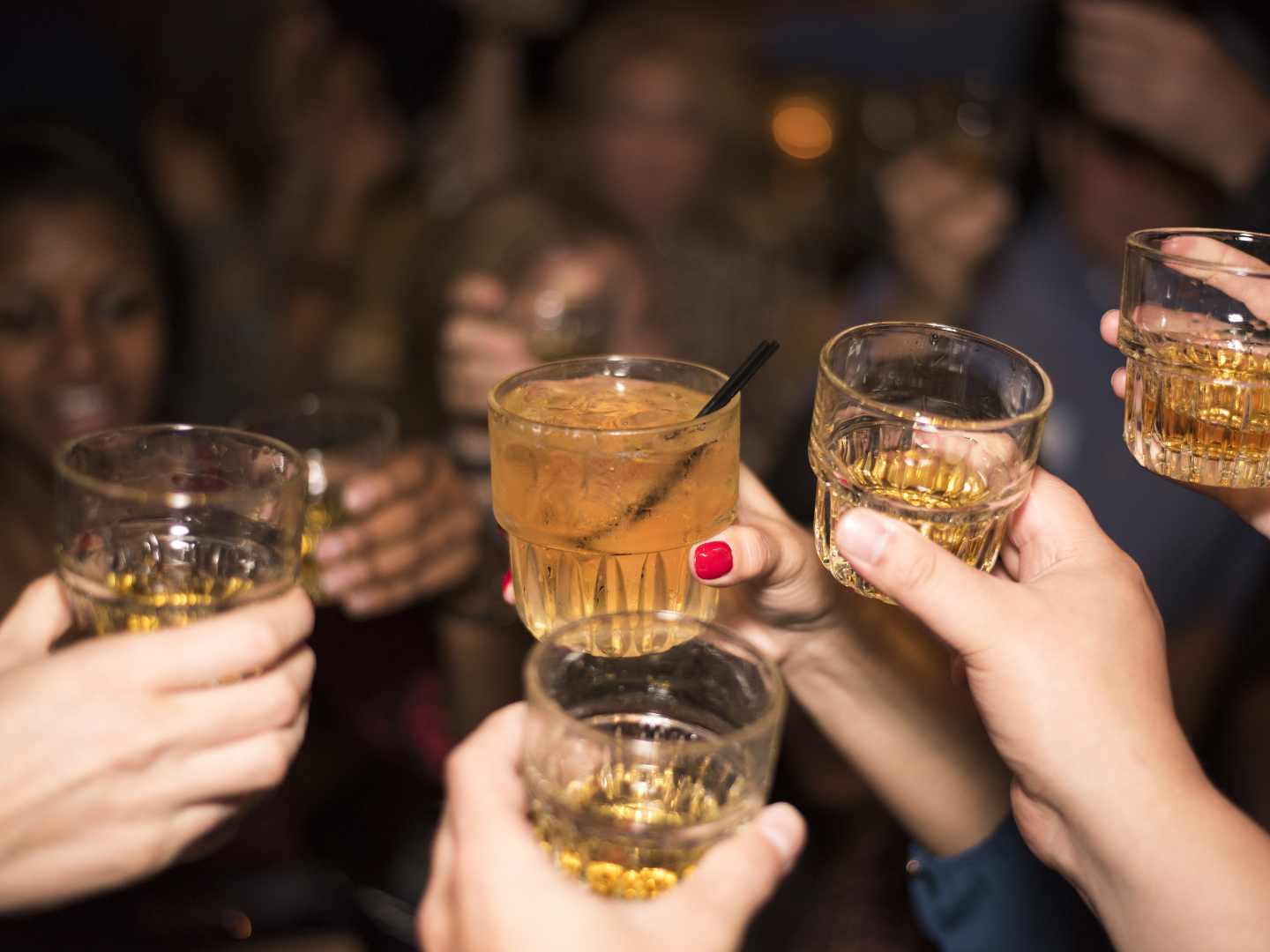CBD as a Weapon Against Binge Drinking: What We’re Learning

I came across a study in British Journal of Pharmacology that’s too important to gloss over. Researchers at the University of Sydney used a mouse “drinking‑in‑the‑dark” model—designed to mimic binge drinking in humans—to test whether CBD could tamp down alcohol consumption. And sure enough, CBD dose-dependently reduced alcohol intake and blood ethanol levels, without sedating the mice or affecting their movement. Even more striking: these effects held steady over months and with repeated dosing, showing no signs of tolerance.
Let that sink in: a non-psychoactive cannabis compound that could curb binge drinking, while sidestepping the drawbacks of classic sedation.
Where This Fits in the Bigger Picture
This isn’t the first time CBD’s caught researchers’ attention for alcohol use disorder (AUD). Reviews have flagged CBD’s impact on drinking motivation, craving, relapse, and stress-induced seeking behavior, though much of that work is preclinical.
In humans, the ICONIC trial was a pivotal double-blind RCT: just 800 mg of CBD in individuals with AUD lowered nucleus accumbens activity when exposed to alcohol cues, and reduced subjective craving during stress‑ and cue‑driven sessions. That kind of neural dampening in the brain’s reward center is exactly what we need in relapse prevention.
Population studies add another layer: in a Colorado-based cohort of heavy drinkers undergoing treatment, people who used cannabis on a given day consumed 28% fewer drinks, and infrequent users were less likely to binge on cannabis-use days. Of course, real-world studies can’t isolate CBD versus THC or other factors—but the pattern is compelling.
How Might CBD Do It?
Mechanistically, it’s still a puzzle—but the Sydney mouse study noted that blocking the neuropeptide S receptor (NPSR) affected CBD’s anti-drinking effects, hinting at a polypharmacological mode of action—not just endocannabinoid receptor activity. Other pathways like serotonin 5‑HT₁A or PPARγ didn’t seem to drive the behavior, at least in that model.
Broadly, CBD appears to act on neural circuits tied to motivation, stress response, and reward, while also helping mice—and potentially humans—resist compulsive drinking behaviour.
A Word of Balance
Is CBD ready for prime time in treating human AUD? Not quite yet. Human clinical data is limited, though the ICONIC trial shows promise. Ongoing research—like that clinical study assessing full-spectrum versus broad-spectrum CBD for drinking reduction—will fill in gaps.
And while population-level surveys suggest people use cannabis to substitute for alcohol, outcomes vary depending on the THC/CBD ratio, motive for use, and user population. CBD-rich cannabis seems more likely tied to drinking reductions than high-THC variants.
We also need to watch safety, liver function, comorbidities, and cardiovascular risks—especially since THC carries its own concerns. CBD, in contrast, is not addictive and shows a respectable safety profile, though drug interactions and dosing consistency remain crucial.
Final Take
This new mouse study doesn’t just reinforce prior signals—it takes the data further: dose-dependent, lasting suppression of binge drinking, without sedation or tolerance. That’s huge.
When added to human trials like ICONIC and observational data from treatment settings, we’ve got a multi-angle case for CBD’s potential as an adjunct tool in alcohol use disorder. But let me be clear: this isn’t substitute for therapy, social interventions, or medical oversight—it’s supplementary, targeted, and requires more clinical validation.
As always: quality, full-spectrum vs isolate, dosing, and context matter. But the mounting evidence keeps pointing toward CBD as one of the most exciting leads in the quest for smarter, non-addictive ways to reduce harmful alcohol use.
Please note: You are not currently logged in. Only members can contribute comments. If you would like to contribute click the button below.
